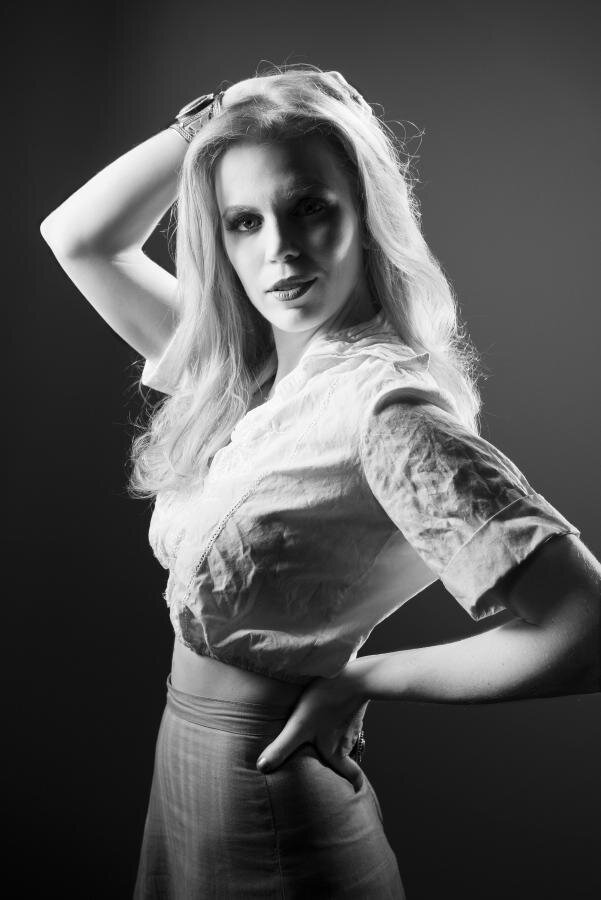Tom Petty's Home Was the Radio

Tom Petty never sounded more meaningful and rooted than he did when coming out of car radio speakers.
When I first heard Tom Petty’s “I Need to Know” coming out of a car radio in Flint, Michigan in the summer of 1978, it charged out of the speakers and took off so quickly and breathlessly that it whipped by like it almost didn’t happen. But it did, and it defined my relationship to Petty. For me, he was a radio artist.
When I listened to his albums, Petty was the second- or third-best at everything he did. When his songs were on the radio, his nasal Floridian drawl made them all more specific than any of the songs around it. His voice in “Breakdown” sounded like that of Central Florida’s Phillip Marlowe—a quiet guy who noticed far more than he let on. Petty sang “Refugee” at the edge of his range and gave the song an urgency unlike anything else on album rock radio in 1979—a year dominated by The Eagles The Long Run, Fleetwood Mac’s Tusk, The Bee Gees’ Spirits Having Flown, Led Zeppelin’s In Through the Out Door, Billy Joel’s 52nd Street, and The Blues Brothers’ Briefcase Full of Blues. His individuality on the radio made every song seem more real than the songs that surrounded it. “The Waiting” played like an homage to The Byrds in a pop marketplace that rarely acknowledges yesterday, much less roots.
By Full Moon Fever, I was done with Petty. It’s a minority point of view, I recognize, but Jeff Lynne’s production muted most of what I valued in Petty’s songs. The raw guitars that made “I Need to Know” so exciting were nowhere to be found, but even a mannered, restrained Petty sounded rootsier and more Southern than anything else on the radio around him. His singles from that time similarly held their own on MTV despite the 10-15 year age gap between him and fellow hit makers Bobby Brown, Janet Jackson, Milli Vanilli and Paula Abdul whose videos bracketed his.
For me, Full Moon Fever is Petty’s Born in the U.S.A.—a place where he realized that slight tweaks to his sound could open up new worlds to him. You couldn’t imagine his life from his voice anymore, and the details in his songs broadened rather than narrowed them. He had dialed down some of the Florida in his voice so that it, like his songs, spoke to broader audience. It was still his though, and the chorus of “Free Fallin’” is, like “Born in the U.S.A.,” a song that can be heard a number of ways. Factor in the verse and the song has a bad boy’s existential angst at its core, but the chorus makes the song sound like a declaration of personal freedom. Petty’s gift as a singer in the song is to invest himself in the former without shutting out the latter.
“He has managed to take pretty substantial deviations without ever seeming less like Tom Petty,” Petty biographer Warren Zanes told My Spilt Milk in 2016. “His voice is at the center, and I think he’s quietly eccentric as a lyricist. If you listen to the lyrics of ‘Free Fallin’,’ it’s not anything you expect to hear on mainstream radio.
“I like that he could be produced with Dave Stewart from The Eurythmics. No one would have ever paired Tom Petty with that guy, but Tom Petty’s got a more expansive view of what he’s capable of. He doesn’t sit in his rut. His voice and the lyrics make it clearly a Tom Petty thing.”
Warren Zanes talked with My Spilt Milk in 2016 about writing Petty and his relationship with Petty.






